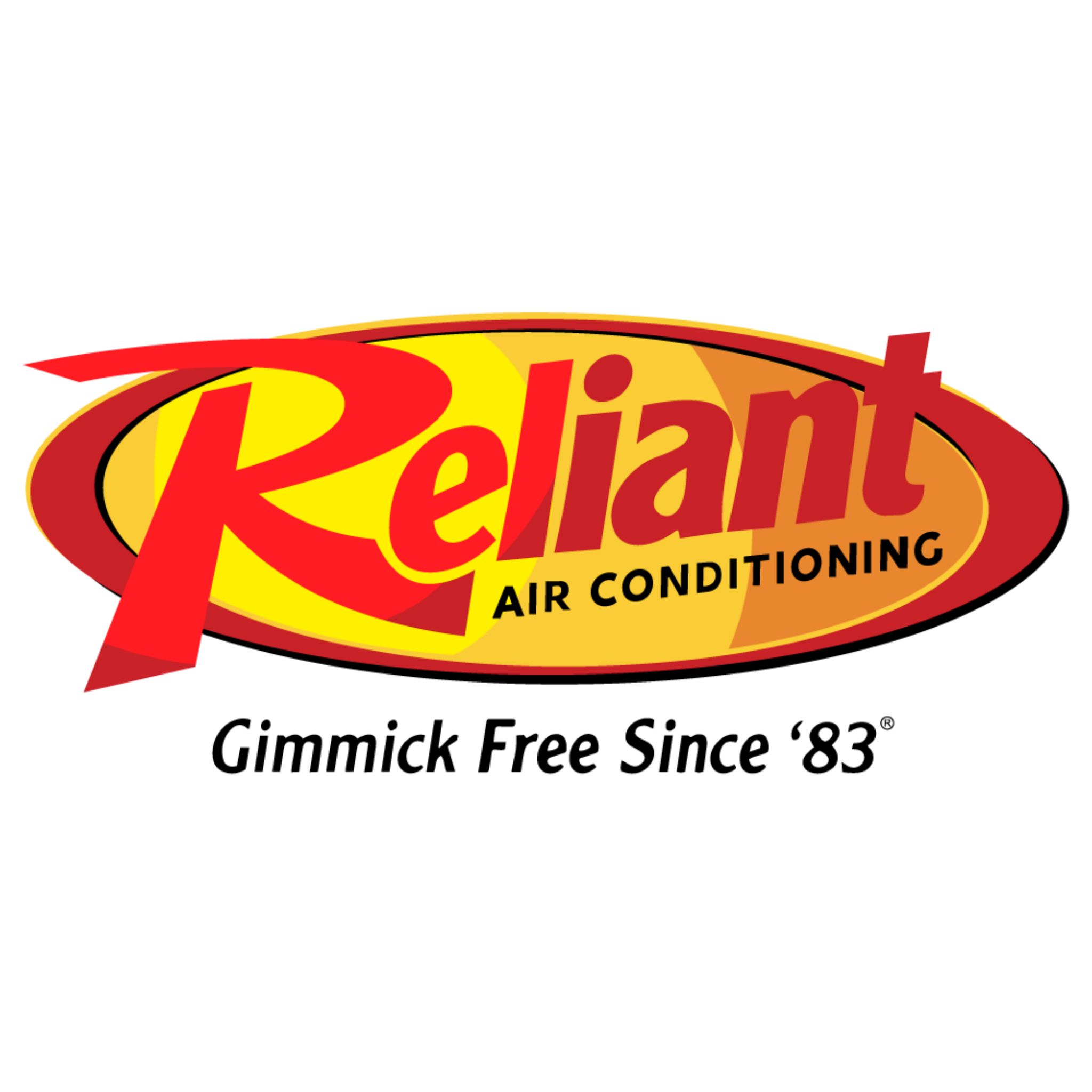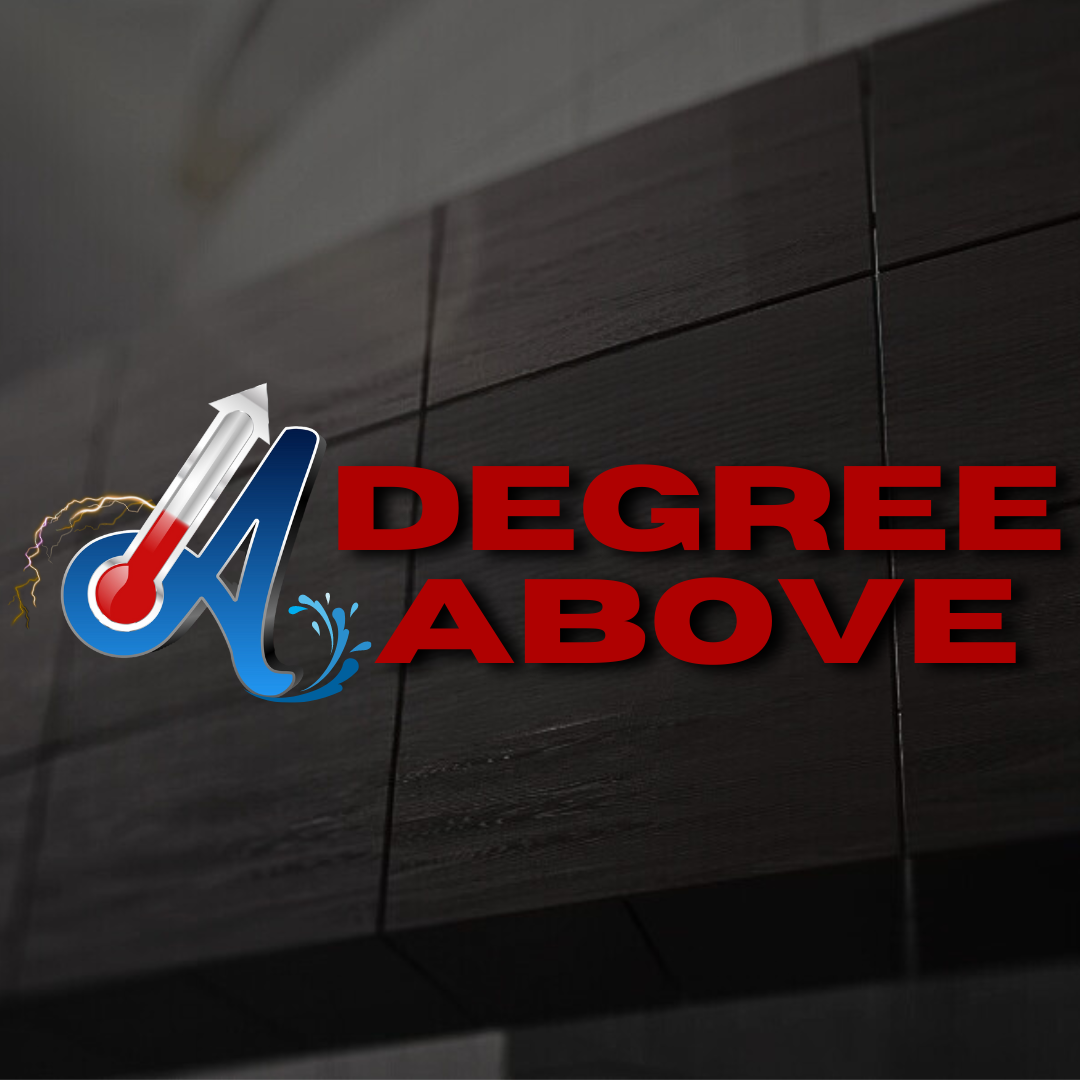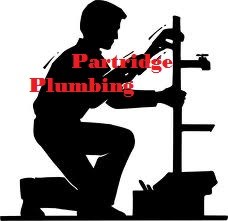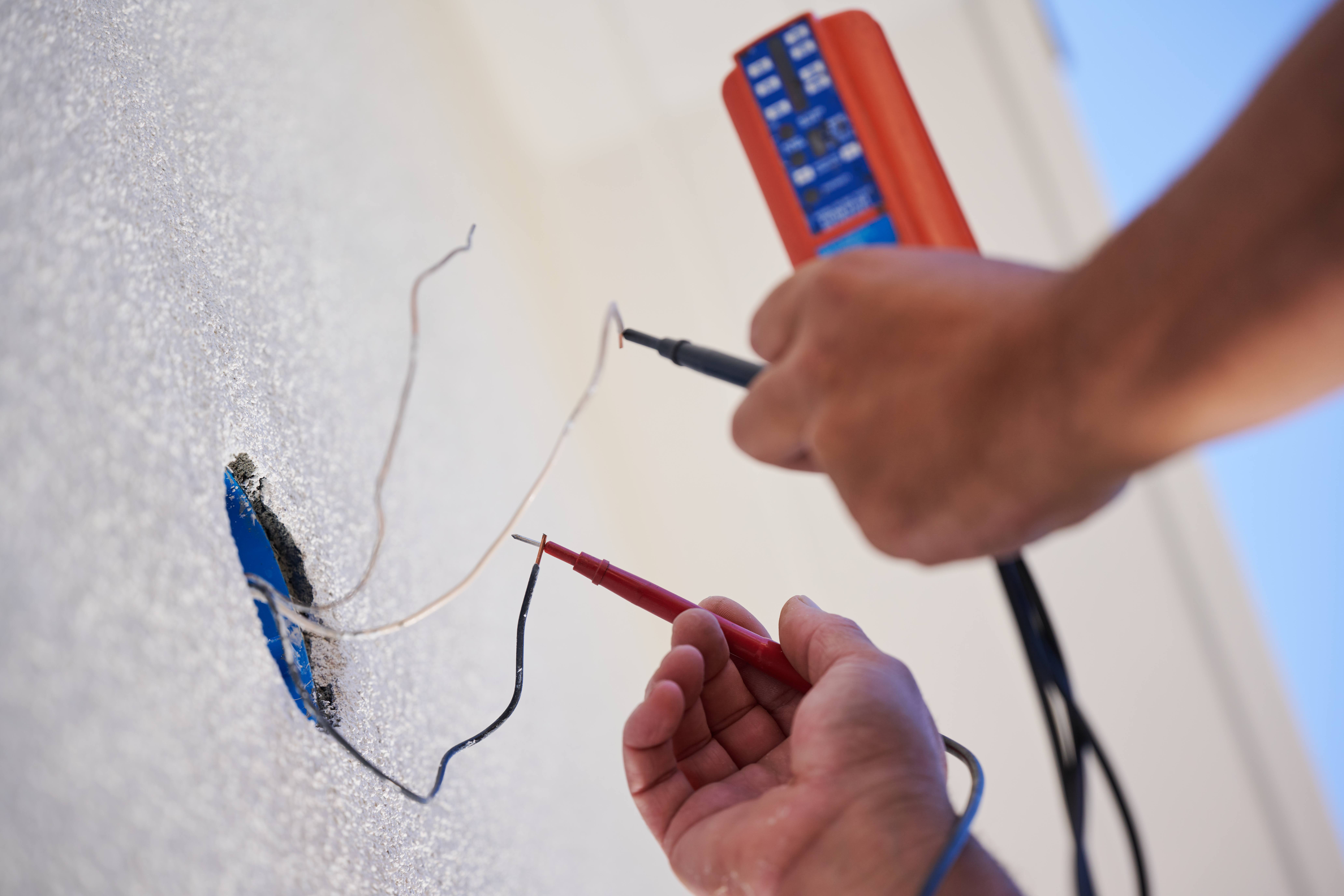
Old school Heat & Air
Old school Heat & Air
I've been in the HVAC industry for just over 20 years. I've developed many wonderful relationships with customers over the years. Now I'm looking to start this new journey with growing a business here in the local area of Amarillo, Texas
I've been in the HVAC industry for just over 20 years. I've developed many wonderful relationships with customers over the years. Now I'm looking to start this new journey with growing a business here in the local area of Amarillo, Texas














